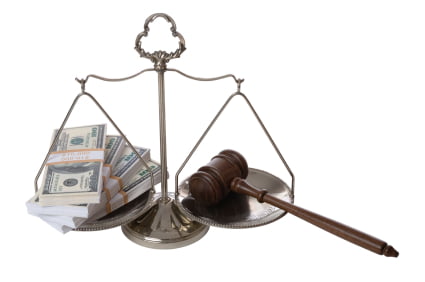Facts: A debtor filed for Chapter 7 bankruptcy. The debtor declared $75,000 of net equity in their home was protected by California’s homestead exemption. During the proceedings, the debtor claimed two liens were placed against the home, exceeding the home’s non-exempt value and leaving no equitable recovery for creditors. The trustee assigned to the debtor’s bankruptcy case discovered the second trust deed was fictitious and contested it in court, incurring administrative fees.
Claim: The trustee sought compensation for the administrative fees through the $75,000 homestead exemption, claiming the surcharge was proper to compensate the estate for the costs created by the debtor’s misconduct since the debtor committed fraud to exempt their home from bankruptcy proceedings.
Counter claim: The debtor claimed the administrative fees may not to be deducted from the homestead exemption since the homestead exemption protects $75,000 of net equity in the home from all claims.
Holding: The United States Supreme Court held the trustee was not entitled to compensation for administrative fees from the owner’s $75,000 homestead exemption since the entire amount of the exemption is protected and may not be used to pay debts and expenses. [Stephen Law v. Alfred H. Siegel (2014) _US_]
Editor’s note — So did the deceitful debtor get off scot-free? No. The bankruptcy court may impose sanctions for bad-faith litigation conduct (such as claiming the existence of a completely fictitious trust deed) and require the payment of attorney fees and corresponding administrative fees resulting from the violation. A bankruptcy’s sanction survives a bankruptcy case and is later enforceable under normal money judgment collection efforts. Further, fraudulent conduct in a bankruptcy case may subject the debtor to criminal penalties with a maximum penalty of five years in prison. [18 United States Code §152]

















